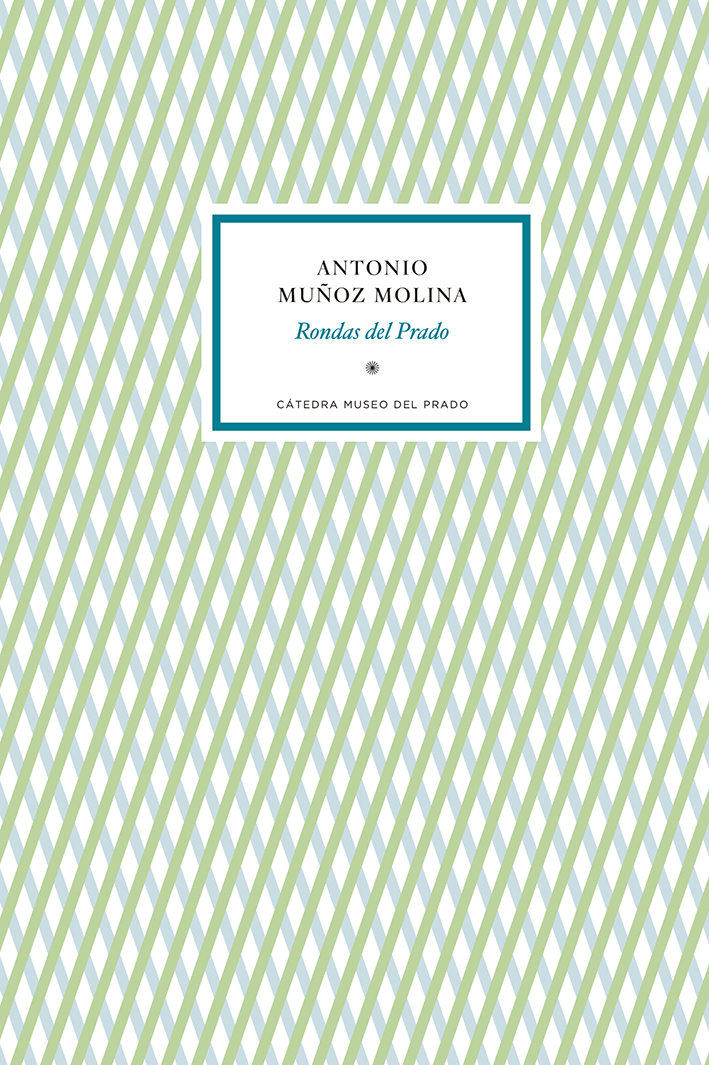“La contemplación puede ser tan íntima, como la de la lectura y el deleite de un libro de horas”.
Museo de sí mismo, el ensayo Rondas del Prado (Abada ediciones, 2022) prueba que la actualidad puede ser inapropiadamente densa, engañosa la verdad, resbaladiza la experiencia. Que el error no consiste en tropezar, sino en insistir, contra toda evidencia, en la fidelidad de nuestras certezas.
“El prestigio de la pintura se basa en su capacidad de imitar lo real con tanta perfección que puede engañar a los ojos”.
Tal vez por ello, la indeterminación de estos microtratados se adapta a toda una peripecia, la del autor jiennense Antonio Muñoz Molina (1956), inmersa en la resistencia coercitiva de la narración cerrada.
“El observador se convierte en un detective y también en un arqueólogo. Ha de descubrir por sí solo los signos en los que otros no reparan”.
Gracias a la poeta y editora Rose Mary Salum, directora de la publicación de Houston, Texas, Literal, Latin American Voices, revista internacional de pensamiento, arte y cultura que se hace eco de mi artículo sobre el ensayo del Premio Príncipe de Asturias de las Letras 2013.
Para leerlo al completo, seguir el enlace:




















